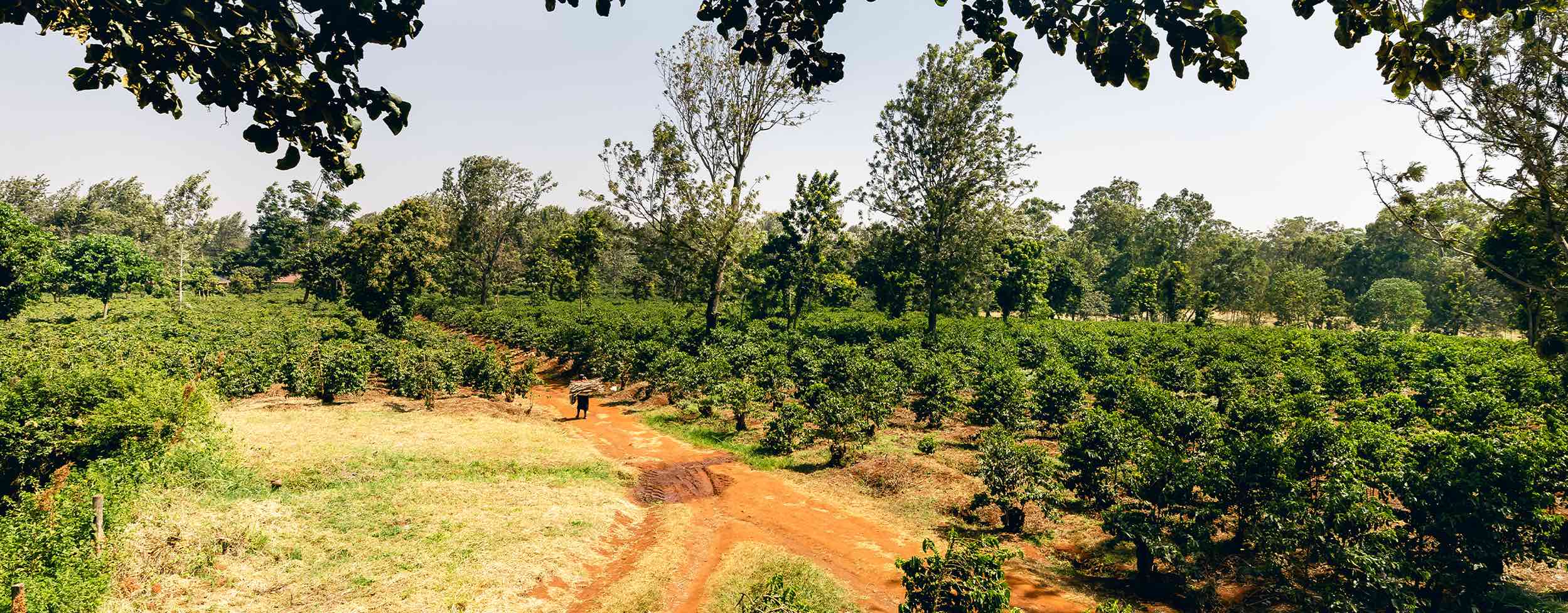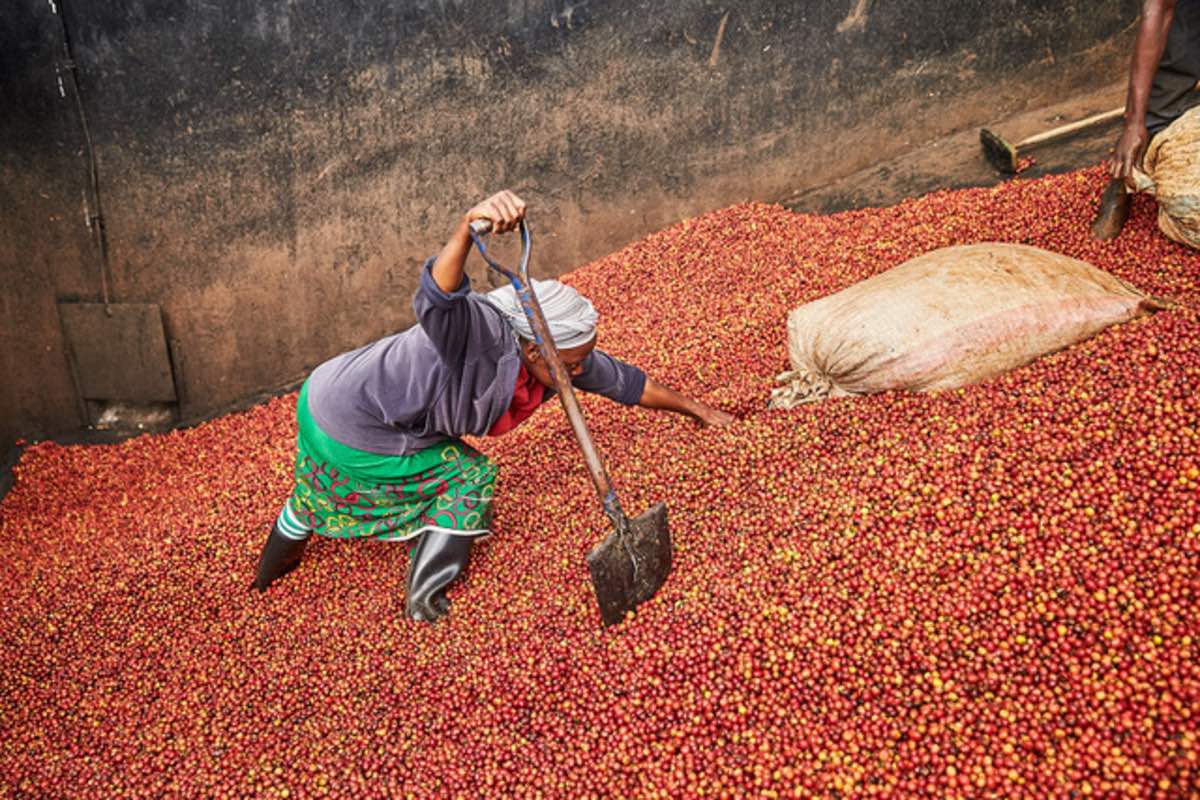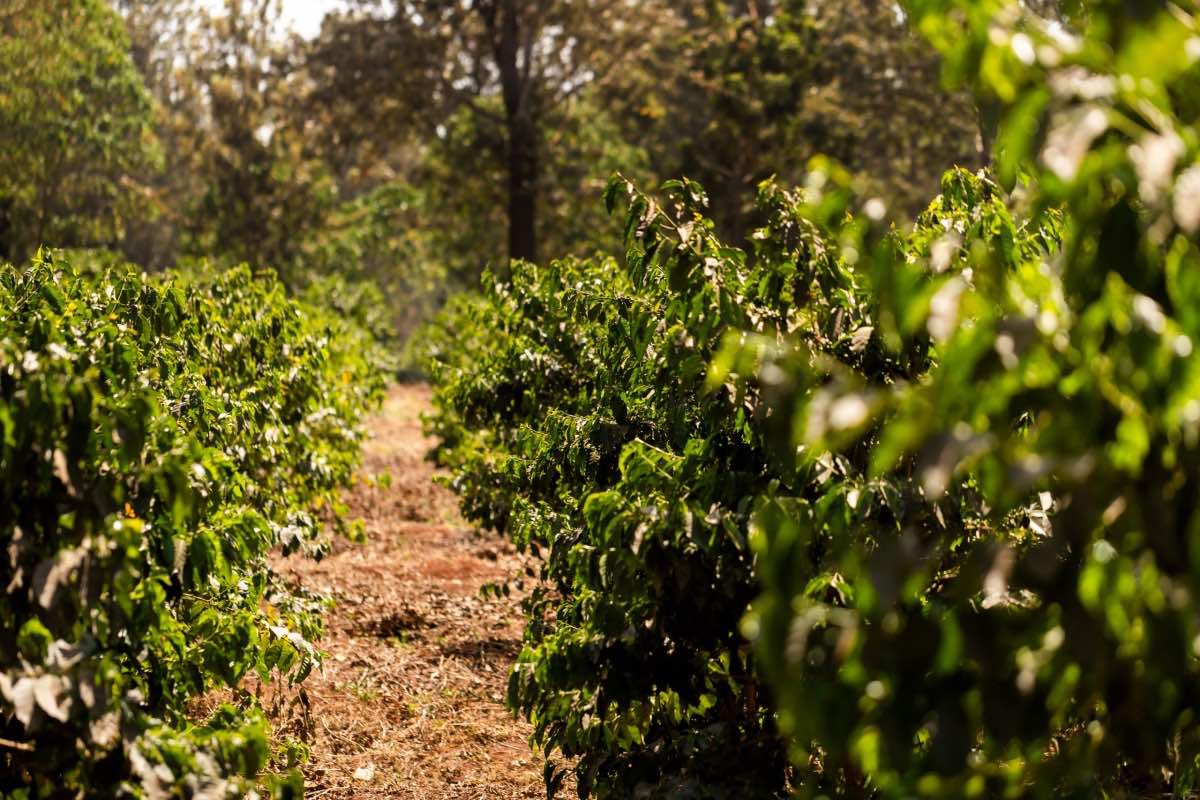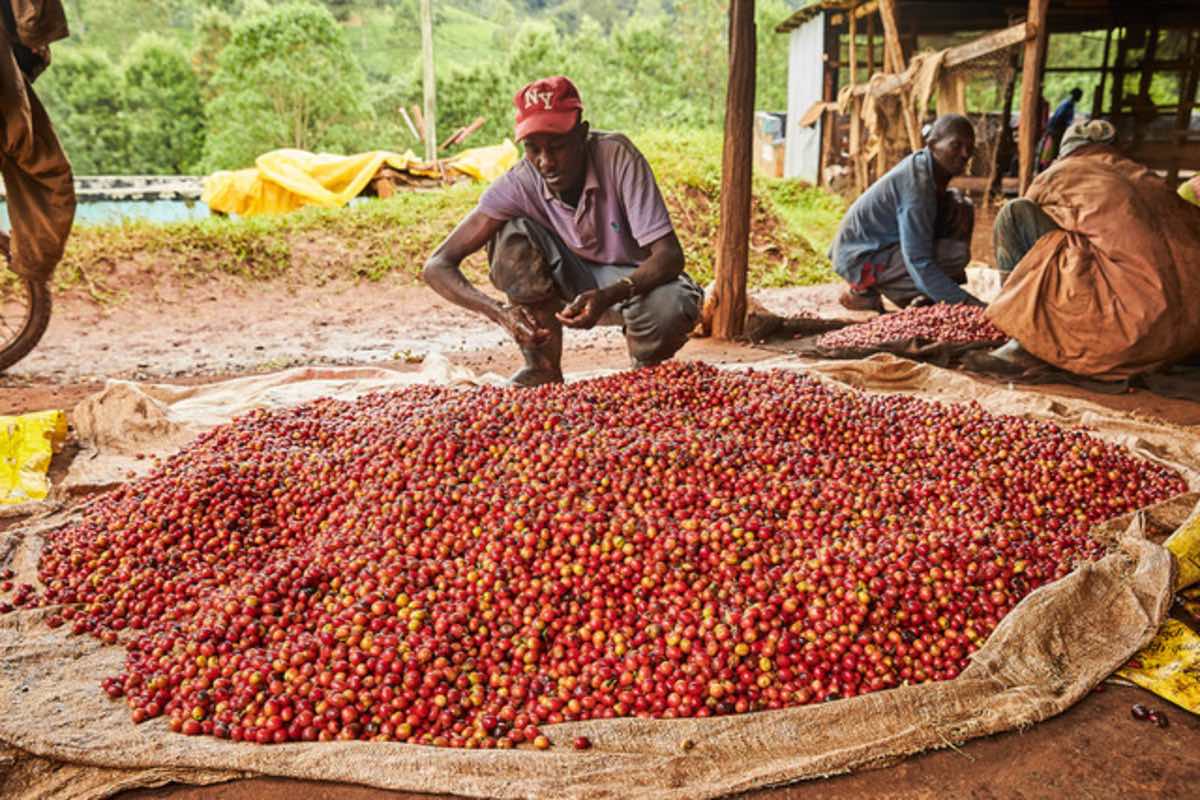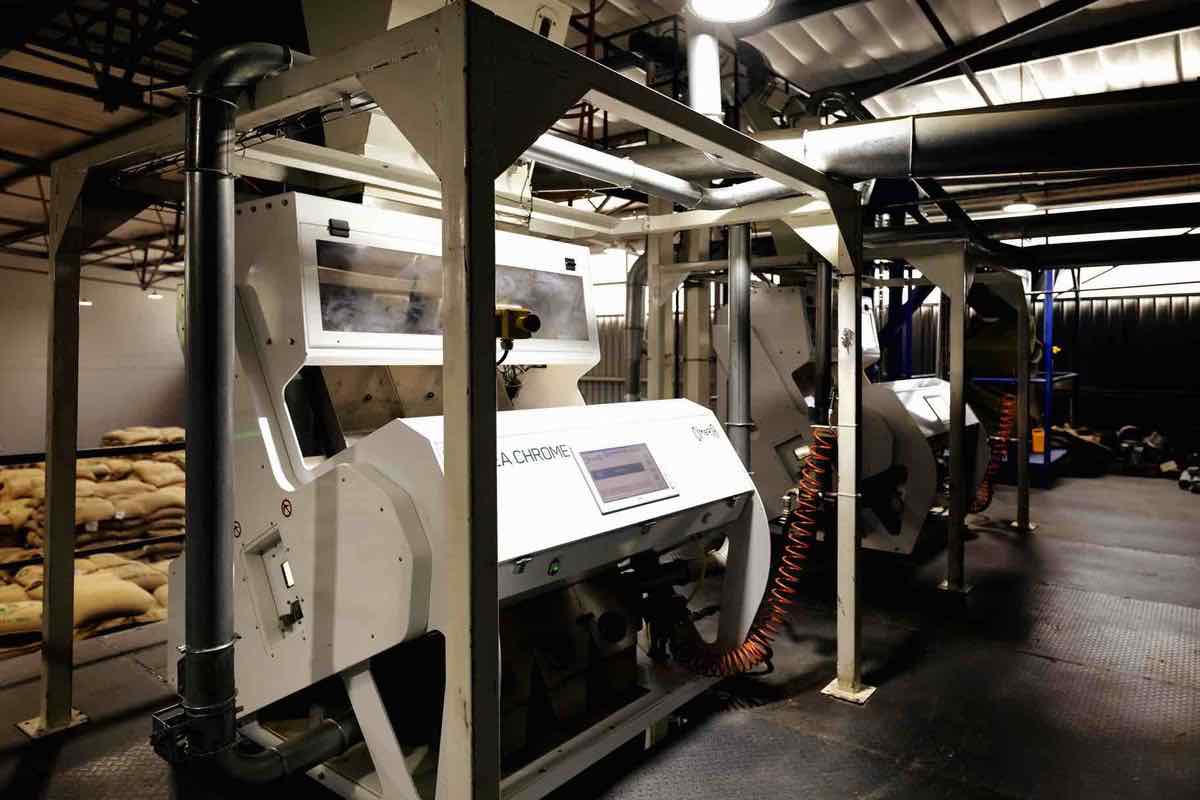
Technological Advancements in Coffee Farming:
Introduction:
In the evolving landscape of coffee farming, two key trends have emerged, shaping the way farmers approach their craft and connect with consumers. Technological advancements, specifically precision agriculture, IoT applications, and data analytics, are revolutionizing crop management.
Simultaneously, the direct-to-consumer trend is gaining momentum as farmers and small-scale producers explore innovative ways to reach coffee enthusiasts directly, sidestepping traditional distribution channels. In this article, we’ll delve into these trends and explore the profound impact they have on the coffee farming industry.
Technological Advancements in Coffee Farming:
-
Precision Agriculture:
Precision agriculture involves leveraging technology to optimize every aspect of the farming process. In coffee farming, this translates to using GPS-guided machinery and drones to monitor and manage crops with unprecedented accuracy.
Precision agriculture enhances resource efficiency by precisely applying fertilizers and pesticides, reducing waste and environmental impact.
This technology allows farmers to respond swiftly to changes in crop conditions, ensuring healthier and more productive coffee plants.
-
IoT Applications:
The Internet of Things (IoT) is making its mark on coffee farms by providing real-time data on environmental conditions, soil moisture, and plant health. Smart sensors and devices collect valuable information, enabling farmers to make data-driven decisions.
For instance, IoT applications can monitor temperature and humidity, helping farmers implement preventive measures against diseases that thrive in specific conditions. The result is a more resilient and responsive farming ecosystem.
-
Data Analytics:
The integration of data analytics in coffee farming has become instrumental in optimizing yields and quality. By analyzing vast sets of data, farmers can identify patterns, predict potential issues, and fine-tune their cultivation practices.
Data-driven insights empower farmers to experiment with different variables, such as planting methods and harvesting times, ultimately leading to improved crop outcomes.
Direct-to-Consumer Trends in Coffee Marketing:
-
E-Commerce Platforms:
The rise of e-commerce has opened new avenues for coffee farmers to connect directly with consumers. Online platforms allow farmers to showcase their products, share their stories, and establish a direct line of communication with coffee enthusiasts.
This shift empowers consumers to make more informed choices about the coffee they purchase while providing farmers with a platform to highlight their unique offerings.
-
Storytelling and Branding:
Direct-to-consumer marketing goes beyond selling a product; it’s about telling a story. Farmers are leveraging social media and dedicated websites to share the journey from bean to cup, emphasizing the craftsmanship and dedication that goes into producing each batch of coffee.
This storytelling approach builds a personal connection between farmers and consumers, fostering loyalty and trust.
-
Subscription Models:
Subscription services have become a popular choice for consumers seeking a consistent and convenient supply of high-quality coffee. Coffee farmers can capitalize on this trend by offering subscription-based models, ensuring a steady income stream while creating a loyal customer base.
Conclusion:
As coffee farming embraces technological advancements and direct-to-consumer trends, the industry is undergoing a transformative shift. Precision agriculture, IoT applications, and data analytics are enhancing efficiency and sustainability, while direct-to-consumer approaches are reshaping the way coffee is marketed and consumed.
By embracing these trends, farmers and small-scale producers can, not only optimize their operations but also forge stronger connections with the coffee community, ensuring a more vibrant and sustainable future for the industry.



